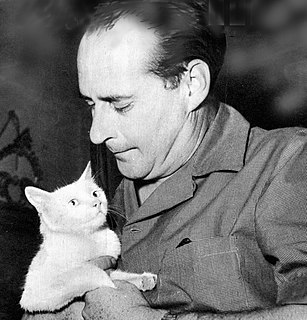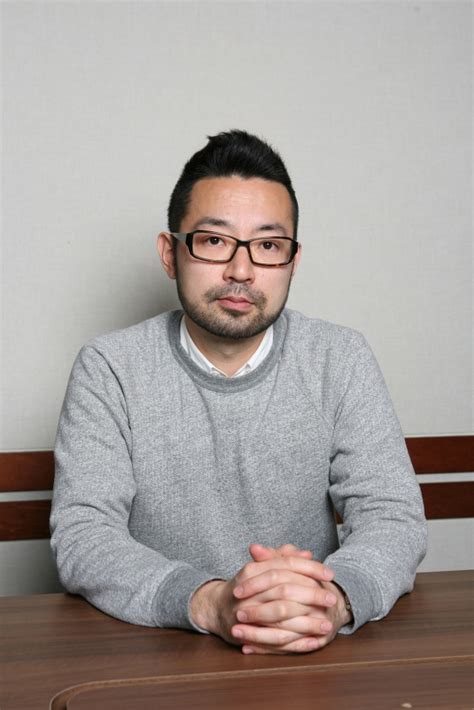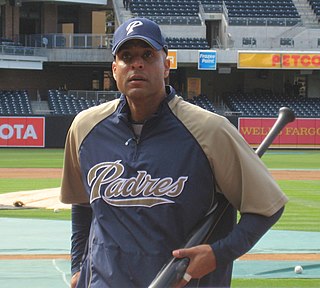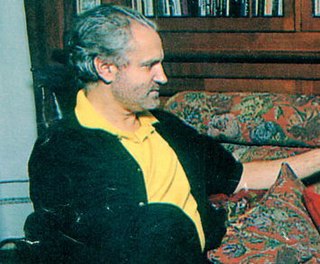A Quote by Garrett Hardin
The essence of dramatic tragedy is not unhappiness. It resides in the solemnity of the remorseless working of things.
Quote Topics
Related Quotes
People are drawn to watching things that are dramatic. And the tighter a relationship is, the more dramatic it can be. That's something family lends itself to. Everybody has family, somewhere, somehow. Those relationships are always very complex. This takes it to almost Greek-tragedy-level heights. That's fun to watch, although it's very uncomfortable. It explores the darkest sense of family.
Ever since ROME, OPEN CITY, I have maintained a conscious, determined endeavor to try to understand the world in which I live, in a spirit of humility and respect for the facts and for history. What as the meaning of ROME, OPEN CITY? We were emerging from the tragedy of the war. We had all taken part in it, for we were all its victims. I sought only to picture the essence of things. I had absolutely no interest in telling a romanticized tale along the usual lives of film drama. The actual facts were each more dramatic than any screen cliche.
To simplify things down to their real essence, whenever things go wrong in our lives, whenever our plans go awry and the things we took for granted suddenly disappear, we have a very simple choice. We can either succumb to despair and assume the attitude of the put upon victim, powerless to change our fate, or we can decide to turn the tragedy into an opportunity.
Sometimes what we call tragedy, at least in the theater, are really case histories. They're based on the central figure, and things happen to that person, and they're called tragedy because they're extremely sad. But tragedy always has a glorious thing happen at the end of it. That's what the catharsis is.







































